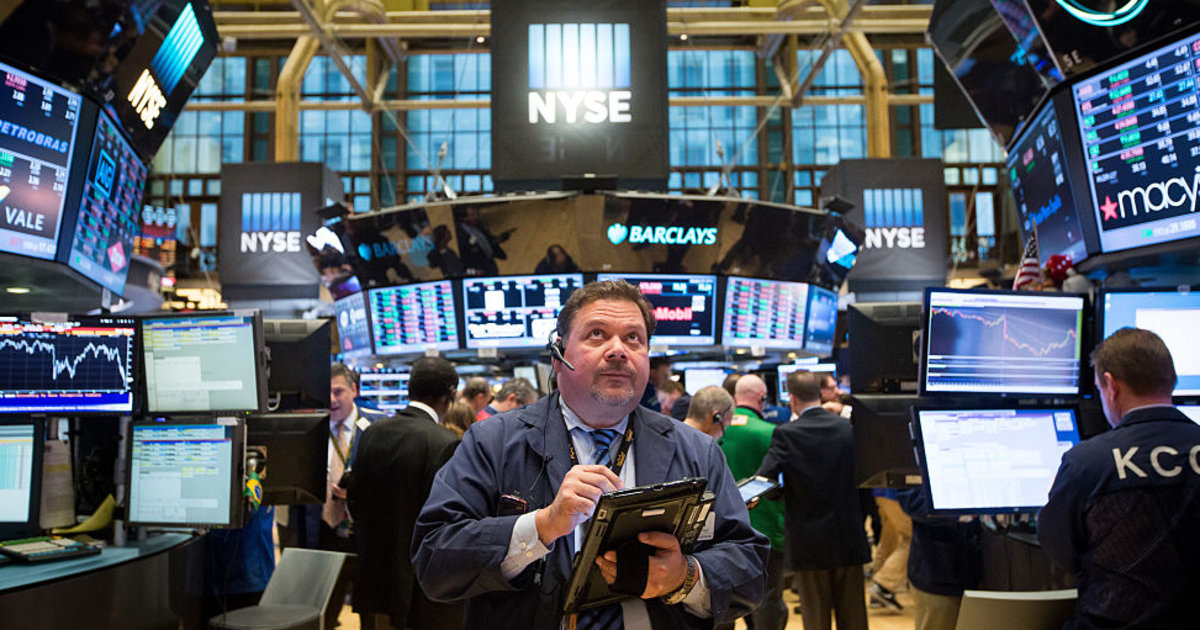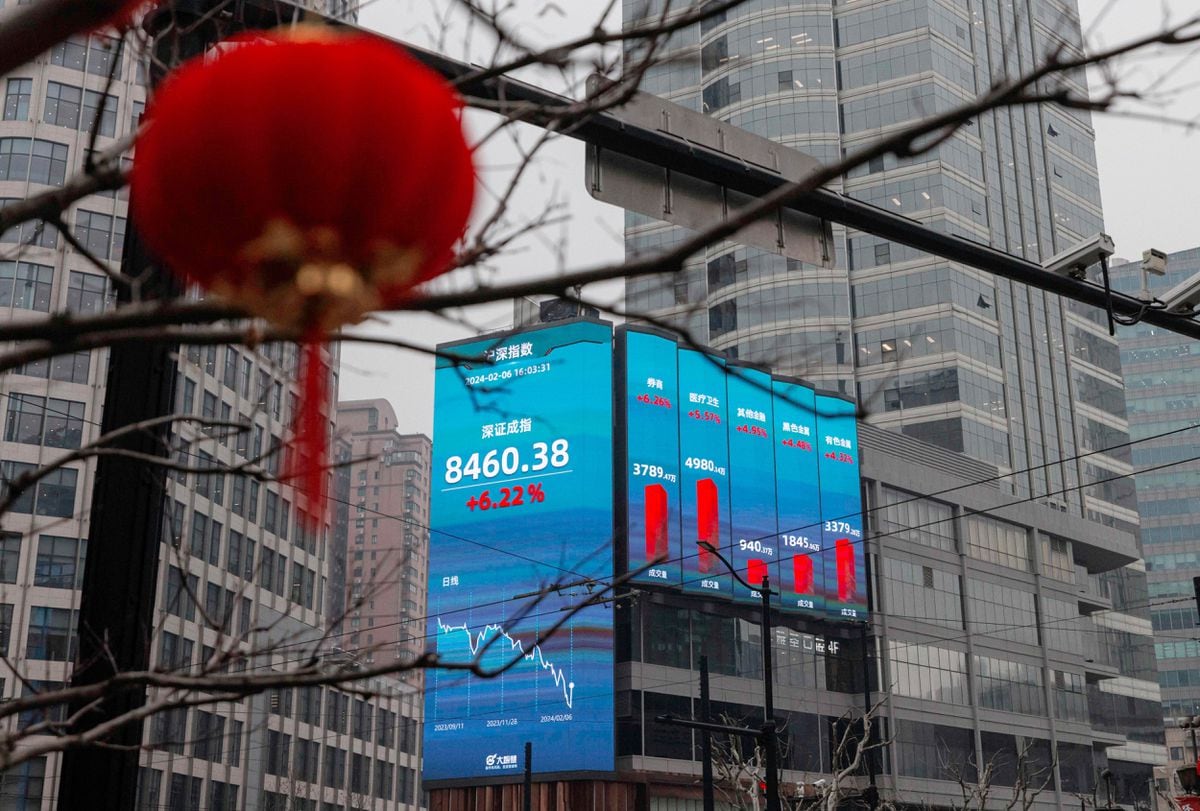Watch the historic protests in China calling for the resignation of Xi Jinping 2:46
(CNN) --
China's main stock indexes and its currency were trading sharply lower on Monday, as widespread protests against the country's tough Covid-19 restrictions over the weekend rattled investor confidence.
Hong Kong's Hang Seng Index (HSI) fell as much as 4.2% in early trading.
Since then, it has pared some losses and closed down 1.6%.
The China Hang Seng Enterprises Index (HSI), a key index tracking the performance of Hong Kong-listed mainland Chinese companies, lost 1.7% at the close of trading.
Unusual protests spread throughout China, what is happening?
This is what you should know
In mainland China, the benchmark Shanghai Composite Index briefly fell 2.2%, before trimming losses to finish 0.8% below Friday's close.
The Shenzhen Heavy Technology Components Index settled down 0.7%.
The Chinese yuan, also known as the renminbi, fell against the US dollar on Monday morning.
The onshore yuan, which trades on the tightly controlled domestic market, briefly weakened 0.9%.
It was 0.5% lower at 7,213 per dollar in the afternoon.
The offshore rate, which is traded abroad, last changed hands 0.3% lower at 7,213 to the dollar.
The weakening yuan suggests "investors are putting ice on China," said Stephen Innes, managing partner at SPI Asset Management, adding that the currency market could be "the simplest barometer" to gauge what domestic investors think. and foreigners.
The markets plunge comes after protests broke out across China in an unprecedented show of defiance against the country's strict and increasingly costly zero-covid policy.
advertising
In the country's biggest cities, from the financial center of Shanghai to the capital Beijing, residents gathered over the weekend to mourn those killed by a fire in Xinjiang, speak out against covid zero and call for freedom and democracy.
Such widespread scenes of anger and defiance, some of which lasted into the early hours of Monday morning, are exceptionally rare in China.
More protests in China after violent police intervention 0:34
Global markets and commodities fall
Asian markets were also down overall.
South Korea's Kospi lost 1.2%, Japan's Nikkei 225 (N225) lost 0.4% and Australia's S&P/ASX 200 also fell 0.4% at the close of trading.
US stock futures, an indication of how markets are likely to open, fell.
Dow futures were down 0.3%, or 108 points.
S&P 500 futures fell 0.5%, while Nasdaq futures fell 0.6%.
Oil prices have also fallen sharply, with investors worried that rising Covid cases and protests in China could undermine demand from one of the world's biggest oil consumers.
US crude futures fell 2.4% to trade at $74.45 a barrel.
Brent crude, the world benchmark for oil, lost 2.6% to $81.5 a barrel.
On Friday, a day before the protests began, China's central bank cut the amount of cash lenders must hold in reserve for the second time this year.
The legal reserve ratio for most banks (RRR) was reduced by 25 percentage points.
The move was aimed at shoring up an economy that had been crippled by strict covid restrictions and a slumping housing market.
But analysts don't think the move will have a significant impact.
“Cutting the RRR now is like pulling a string, as we believe the real drag on the economy is the pandemic rather than insufficient loanable funds,” Nomura analysts said in a research report published Monday.
“From our point of view, ending the pandemic [measures] as soon as possible is the key to the recovery of credit demand and economic growth,” they said.
Protesters hold their mobile phones during a protest against China's strict zero covid measures at the Liangma River on November 27, 2022 in Beijing, China.
Economy in tug of war?
SPI Asset Management's Innes said China's economy is currently caught in the middle of a tug-of-war between weakening economic fundamentals and hopes of reopening.
“For China's official institutions, there are no easy roads.
It is unlikely to accelerate reopening plans when new covid cases increase, given the low vaccination coverage of the elderly, ”he said.
“Mass protests would tip the scales sharply in favor of an even weaker economy and would likely be accompanied by a massive spike in Covid-19 cases, leaving politicians in a considerable quandary.”
In the near term, he said, Chinese stocks and currency will likely bring "more significant uncertainty" around Beijing's reaction to the ongoing protests.
He expects that social unrest could rise in China in the coming months, testing the resolve of politicians to stick to their draconian zero-covid mandates.
But in the long term, the most pragmatic and likely outcome should be "a more rapid relaxation of [Covid] restrictions once the current wave subsides," he said.
Goldman Sachs, in a research report published late Sunday, predicted that China could scrap its zero-Covid policy sooner than expected, with "some chance of a disorderly forced exit."
CNN's Beijing bureau contributed reporting.
zero covid








/cloudfront-eu-central-1.images.arcpublishing.com/prisa/OOLBKF5K4VFN7EA7IFFA4PMVUE.jpg)






